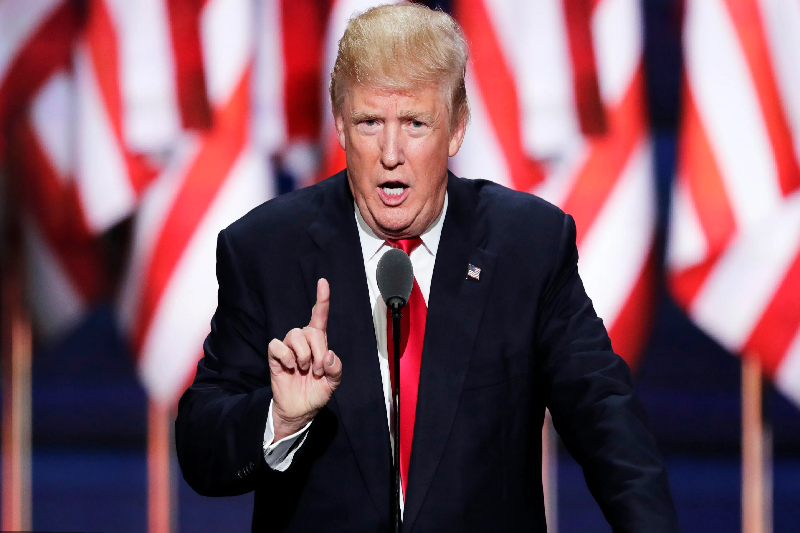
Is America Ready to Lose OPT? The Silent Engine Behind U.S. Tech Could Stall
In the shadow of Capitol Hill debates, a storm is brewing that could unsettle America’s tech-driven economy and disrupt thousands of international careers. The Optional Practical Training (OPT) programme, once seen as a symbol of merit-driven opportunity, now faces potential elimination under the controversial “Fairness for High-Skilled Americans Act of 2023” (H.R. 2315)—a bill led by Republican Congressman Paul Gosar and backed by hardline immigration voices.
More than just a policy change, the bill threatens the backbone of the U.S. tech workforce, especially its most vital and quiet contributor: Indian STEM graduates.
What Is H.R. 2315 Really Targeting?
H.R. 2315 proposes to terminate work authorization for international students on F-1 visas after they graduate. That includes OPT and the STEM OPT extension, which gives science and tech graduates a 24-month period of on-the-job training.
Critics, such as Jessica Vaughan of the Center for Immigration Studies and USCIS Director Joseph B. Edlow, argue that OPT functions as a “shadow guestworker programme” that undermines American graduates. Edlow testified to Congress that he intends to “remove the ability for employment authorizations for F-1 students beyond the time that they are in school.”
But behind these arguments lies a deeper irony: without OPT, it’s not Indian students who suffer most—it’s America’s own innovation engine.
The Data: OPT Powers U.S. Tech
According to the 2024 SEVIS “By the Numbers” report, nearly 195,000 students were on OPT last year—a 21.1% increase from 2023. Of these:
- 95,384 were on STEM OPT extensions
- Indian students accounted for 48% of that STEM group—nearly 45,800 tech professionals
- Total Indian participation across all OPT categories is 49,000–58,000 students, or roughly 25–30% of all OPT users
These are not temporary interns or low-skill hires. These are data scientists, AI engineers, cloud specialists, cybersecurity analysts—many filling roles U.S. graduates cannot yet meet at scale.
The Employers: Not Just Startups—The Giants Rely on OPT
The ICE SEVIS Employer Data (2024) reveals staggering reliance on OPT talent:
- Amazon hired 5,379 OPT students and 6,632 STEM OPT graduates
- Google, Apple, Microsoft, Tesla—each recruited thousands from the same talent pool
- Other major employers include Oracle, Citigroup, Bloomberg, Qualcomm, and NVIDIA
These companies aren't hiring OPT graduates out of charity—they’re filling critical tech roles in AI, quantum computing, algorithmic finance, and sustainable energy. Strip away OPT, and many of these pipelines break.
What Happens to Indian Students Without OPT?
OPT is more than work experience. For most Indian students, it's the ROI on a $60,000–$100,000 investment in a U.S. STEM degree.
Without OPT:
- There's no job to repay student loans
- No pathway to an H-1B visa or green card
- No global career launchpad
The impact is already visible: a 28% year-on-year drop in Indian student enrollment (Mar 2024–Mar 2025), according to Boston College’s Chris Glass. Indian students aren’t waiting to be pushed out—they’re already looking elsewhere.
What Happens to America Without OPT?
While Indian students may pivot to Canada, Germany, or other destinations, America can’t import innovation on demand. Ending OPT has severe domestic consequences:
🔹 University Revenue at Risk
U.S. universities thrive on international tuition—especially from Indian students. According to NAFSA, international students contribute $33 billion annually to the U.S. economy. Without OPT, that value proposition collapses. Who pays six figures for a degree that leads to deportation?
🔹 Tech Workforce Disruption
With domestic tech talent falling short in key areas, OPT graduates plug the gap. Business coalitions like the U.S. Chamber of Commerce, TechNet, and Business Roundtable oppose H.R. 2315—not on moral grounds, but because the bill threatens their innovation capacity.
🔹 Start-up and Research Slowdown
Many of America’s biggest tech icons began on F-1 visas with OPT—from Sundar Pichai (Google) to Arvind Krishna (IBM). Ending OPT means cutting off future startup founders, PhD researchers, and tech leaders before they even begin.
OPT Is Not a Loophole—It’s a Bridge
Those framing OPT as a “backdoor to jobs” miss the point entirely. OPT is an earned benefit, not a handout. After years of tuition payments, visa vetting, and academic rigour, international graduates gain a narrow, structured window to apply what they’ve learned.
It’s not about immigration shortcuts—it’s about global merit, delivered to America’s doorstep.
The Bottom Line: Who Loses More?
Indian students face real hardship—lost jobs, unpaid loans, crushed dreams. But India will adapt. Its talent will reroute to friendlier countries. Its remittances will survive.
America, on the other hand, risks self-inflicted brain drain, a crippled tech economy, and weakened academic institutions.
Without OPT, the U.S. higher education system becomes an overpriced, no-return product in a competitive global market. Students will walk away. Tech firms will slow down. And America’s global edge will dull—not because of China, or quotas, but due to cannibalistic policy.



